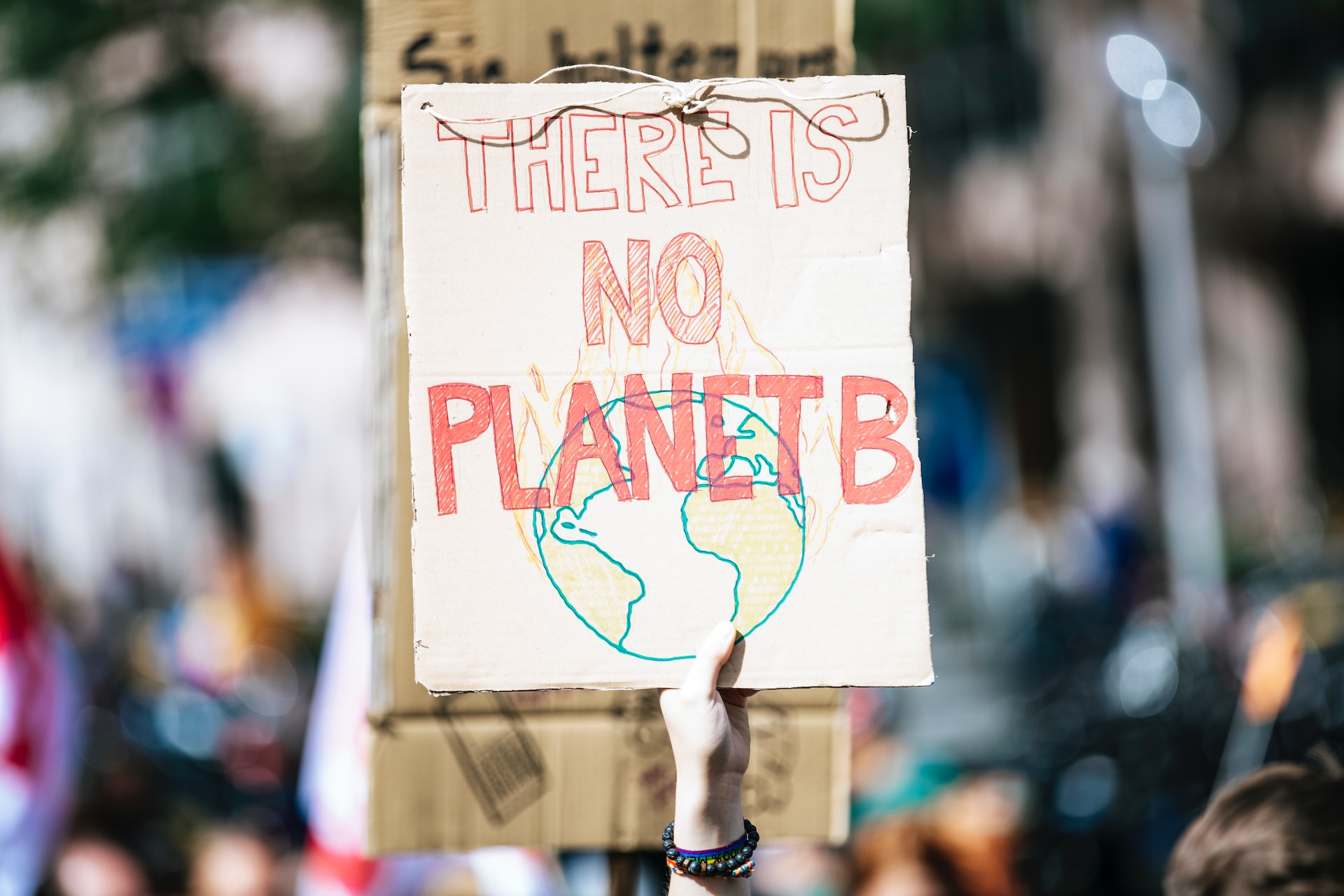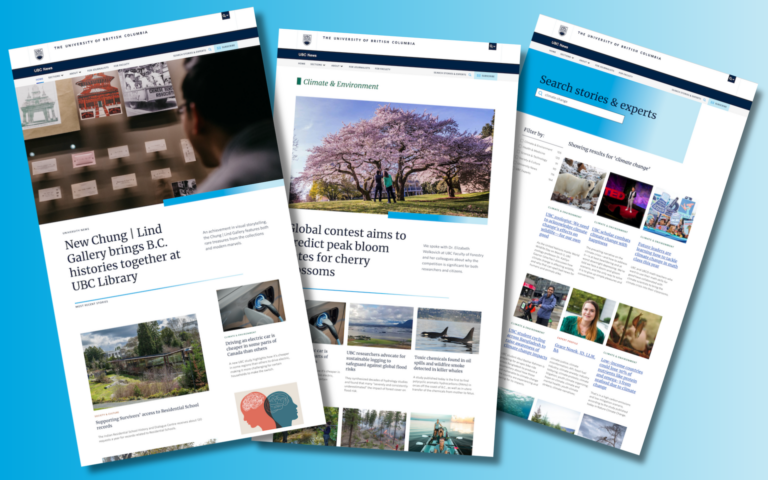Turning climate worry into climate action: expert tips for managing climate anxiety
Dr. Steven Taylor, a UBC professor of psychiatry and clinical psychologist, discusses the steps people can take to cope with climate anxiety – and how those feelings can be turned into a motivating force for climate action.

Photo by Markus Spiske on Unsplash

Wildfires. Flooding. Extreme heat. The impacts of climate change are being felt close to home and dominating headlines around the world. For many, it is source of considerable stress and anxiety.
Dr. Steven Taylor, a UBC professor of psychiatry and clinical psychologist, discusses the steps people can take to cope with climate anxiety – and how those feelings can be turned into a motivating force for climate action.
What is climate anxiety?
Climate anxiety, or eco-anxiety, is a chronic state of distress some people feel about the effects of climate change. It’s often accompanied by feelings of helplessness, loss, frustration and depression.
It’s important to remember that some level of anxiety is normal, and even healthy. In the face of a very real and urgent threat like climate change, it’s understandable that people are feeling increasingly worried. The problem arises when that anxiety reaches unhealthy and debilitating levels.
Who are we seeing this impact the most?
Climate change impacts all of us, and so can climate anxiety. But we all have different exposures to climate risk. People living in an area with increasingly frequent extreme weather, like wildfire-prone communities, are more likely to experience climate anxiety because they come face-to-face with the impacts of climate change year after year. This includes populations disproportionately affected by climate change, such as Indigenous peoples, older adults, and people experiencing housing instability or food insecurity.
We’re also seeing heightened rates of climate anxiety in young people. They have their whole future ahead of them and climate change has a big impact on their projected life course and future plans.
What tips do you suggest for people dealing with climate anxiety?
Try to avoid extreme thinking that leads to panic, denial or avoidance. Instead, we want to shift our mindset toward constructive action.
Consider creating a personal climate action plan with steps you can take to reduce your environmental footprint. It’s important to feel like you are doing something to address climate change. It doesn’t have to be anything heroic — never underestimate the power of small things, especially at a collective level.
Next, look for opportunities to get plugged into your community and connect with like-minded people. This could be through a climate action group on social media, community garden, recycling project, or neighbourhood clean-up. This has the dual benefit of achieving something constructive, while also providing social support and a sense of common purpose.
Lastly, the COVID-19 pandemic helped many of us identify personal coping strategies for managing stress in difficult times. Think about how you can apply those lessons, whether it’s making sure to get enough sleep and exercise, spending time in nature, maintaining a healthy diet, or managing your news exposure and dedicating time to unplug.
Knowing climate anxiety disproportionately affects young people, any advice for parents?
Parents know their kids best. If you sense your child is overly stressed about climate issues, talk with them, find out what their concerns are, and see if you can do anything to help. You and your child may both want to try getting involved in climate-related activities around the home or in the community. It could be a win-win situation: you better understand your child, and you both take constructive action to mitigate climate change.
Where else can people turn for support?
Remember you’re not facing this huge global problem all by yourself. Climate change is a collective problem and it requires collective action. Reach out to your friends, family and neighbours to talk about how you’re feeling. There are also a number of resources to help people in British Columbia. If you feel like you need further support, speak with a health care professional, or with student counselling if you’re a student.
Interview language(s): English



